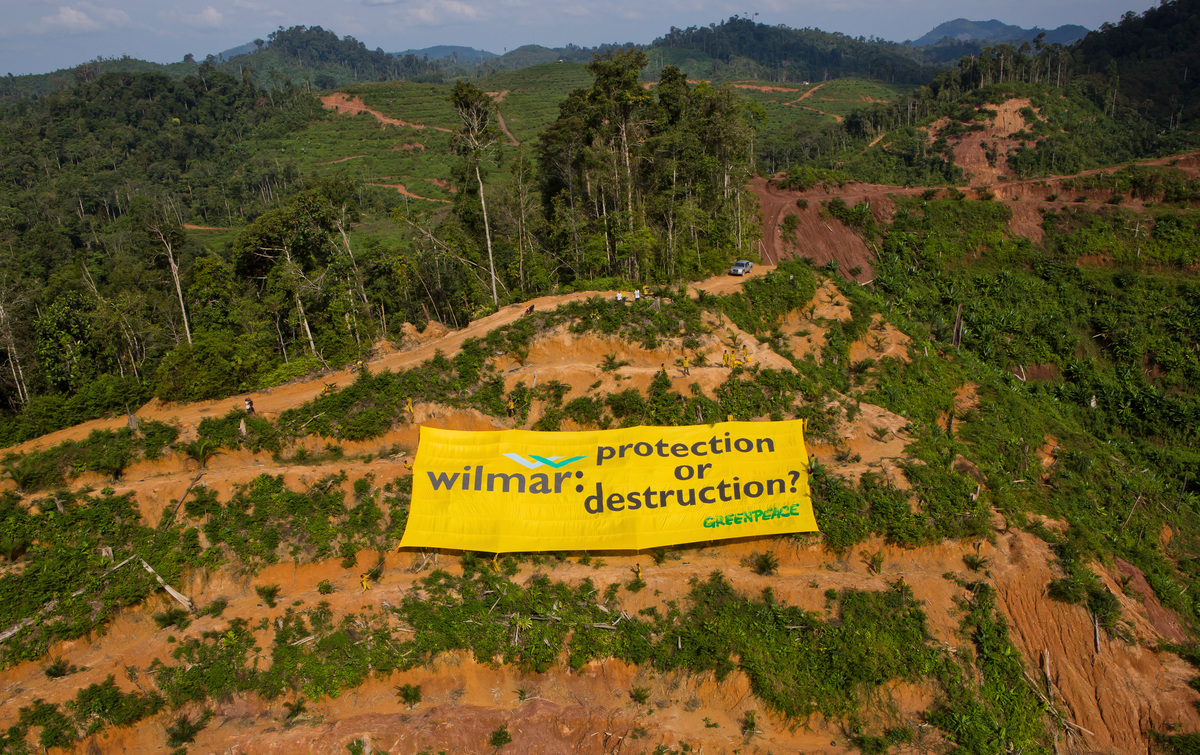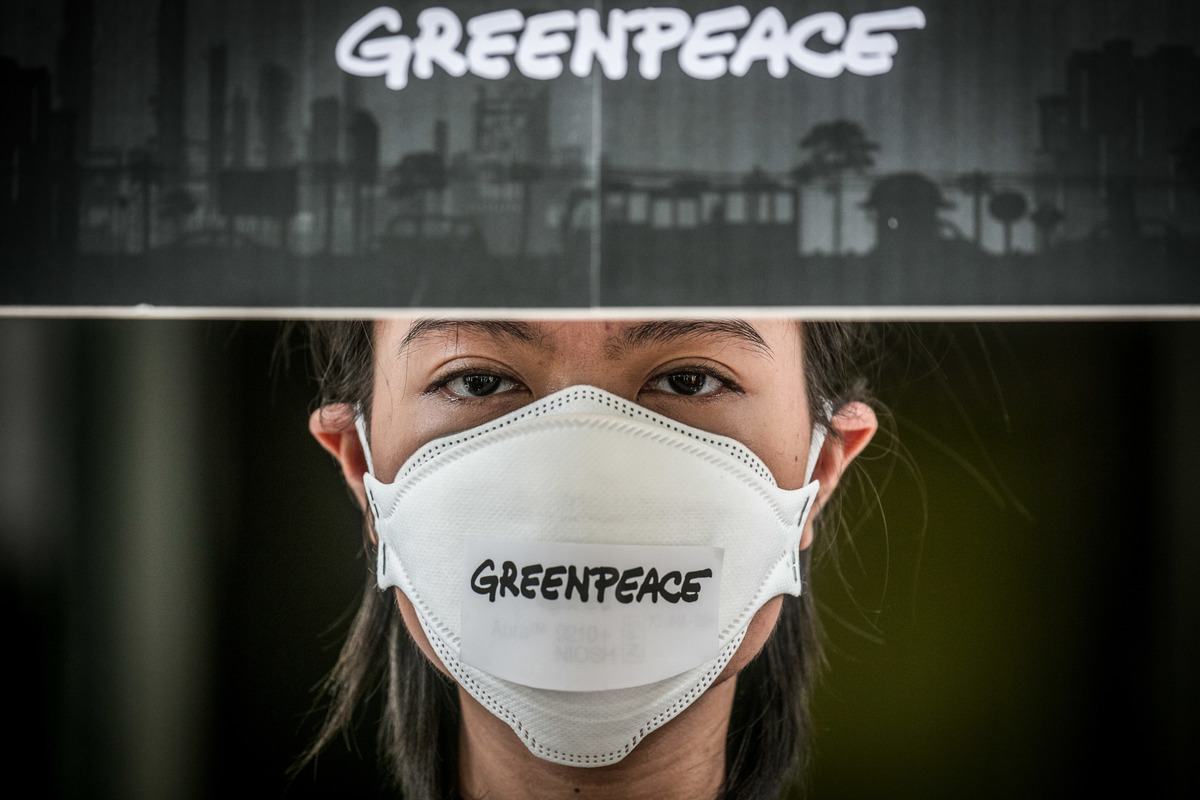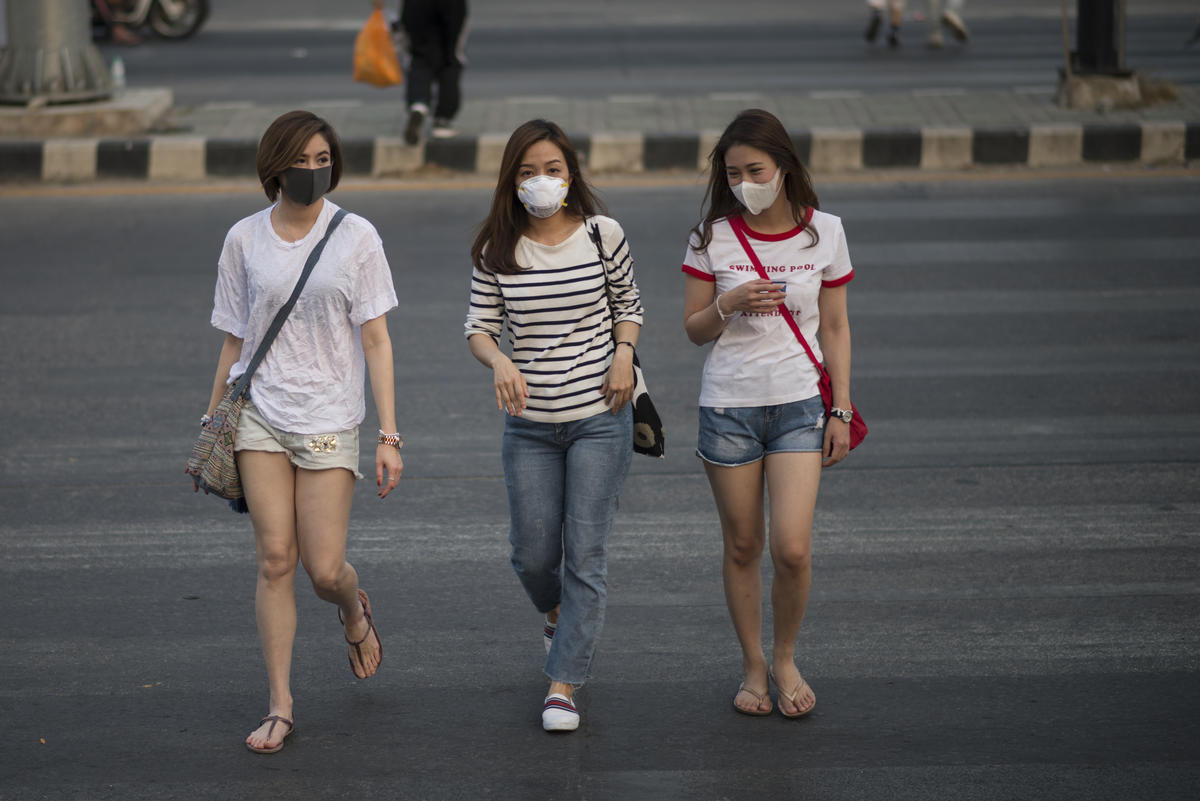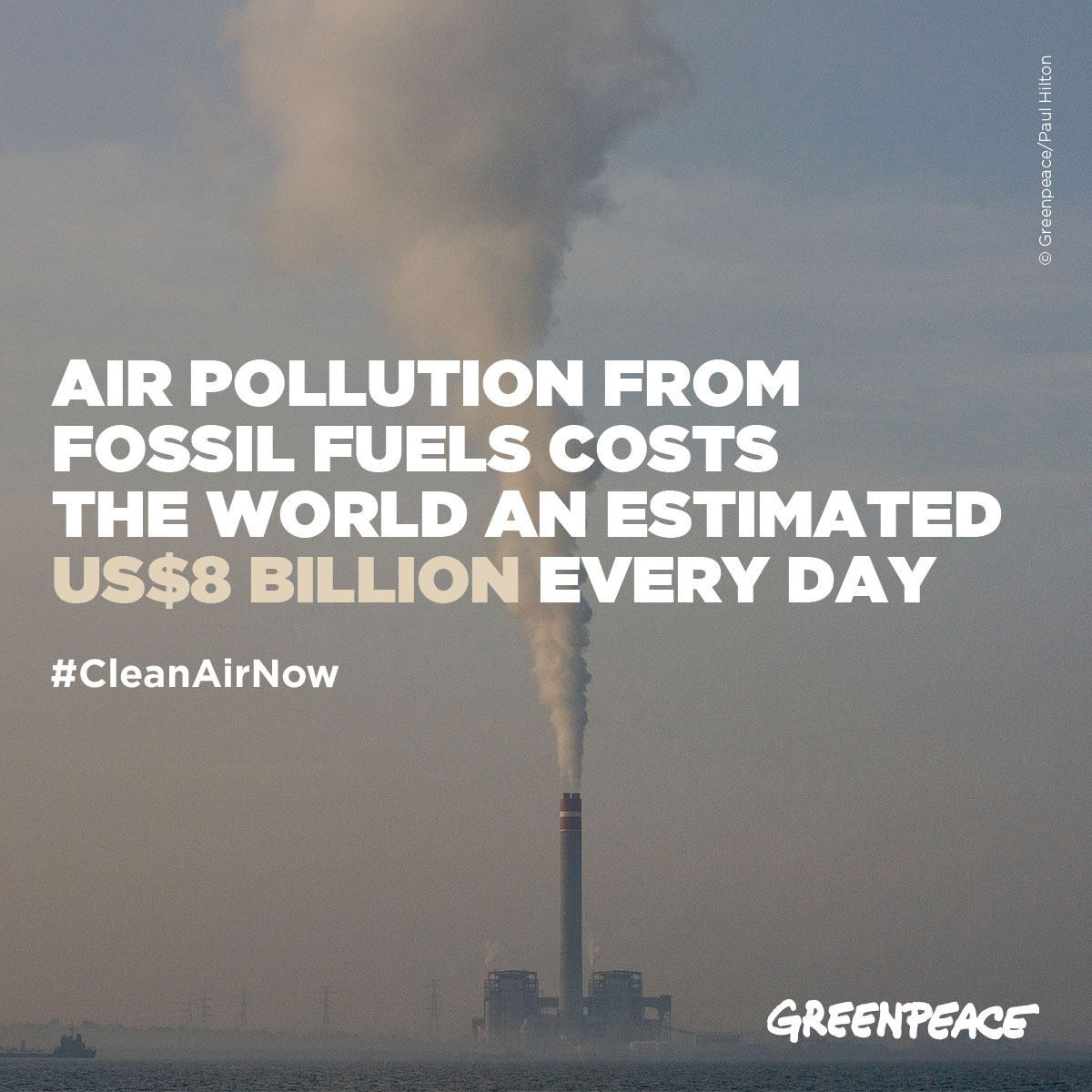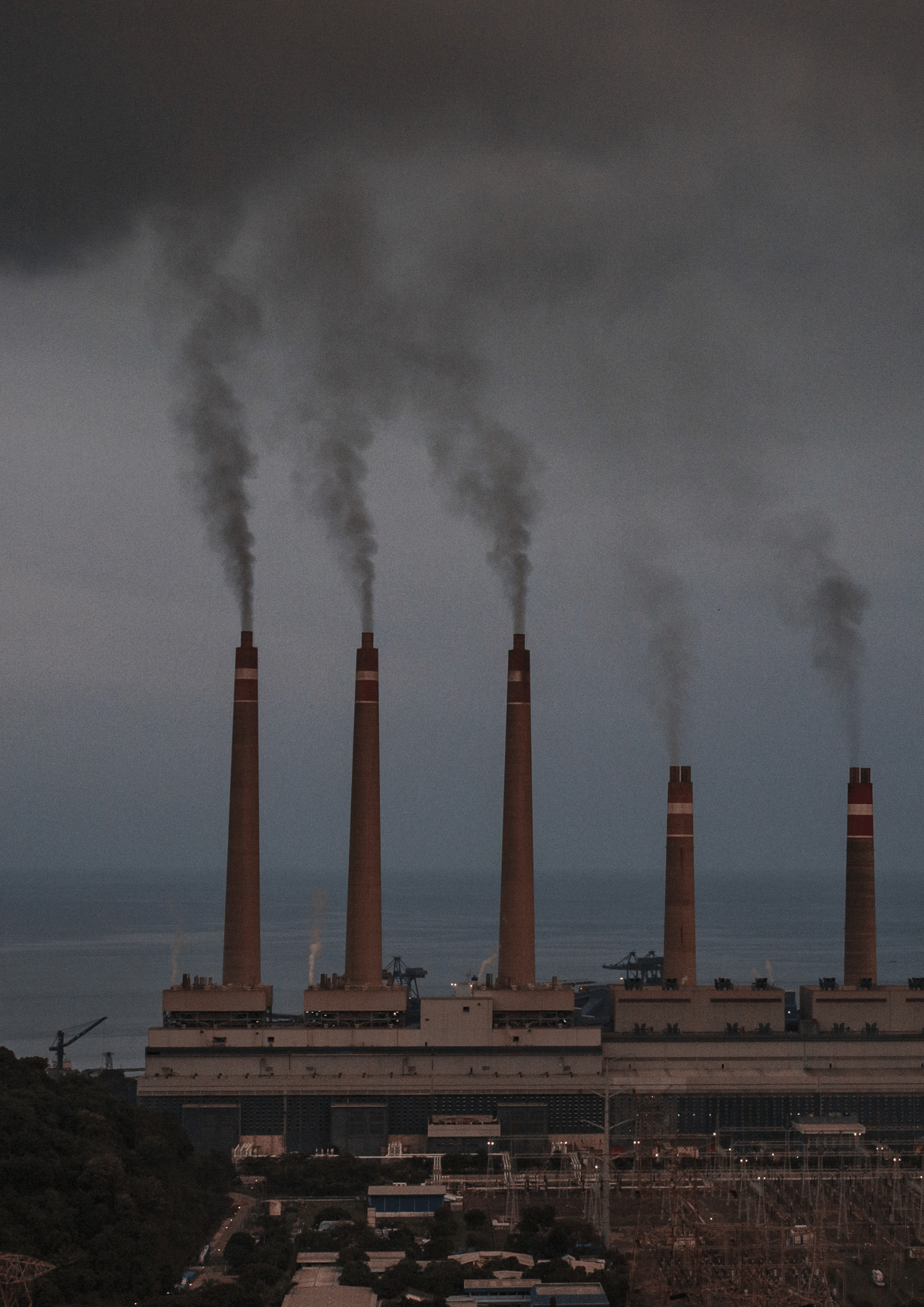-
Greenpeace’s Response to Sime Darby Announcement to Exit from the HCSA Steering Committee
In response to Sime Darby announcement to exit from the HCSA steering committee, Grant Rosoman Global Forest Solutions Coordinator for Greenpeace International said:
-
Maize, Land Use Change, and Transboundary Haze Pollution
Both the PM2.5 and transboundary haze pollution are directly related to the growth of monoculture agriculture in Thailand and in the neighboring countries. There is evidence that maize pricing varies with the number of fire hotspots. When there is a high demand for maize, there is also a higher number of hotspots.
-
Wilmar International’s exit from the High Carbon Stock Approach marks its failure to end deforestation
Wilmar International, the world’s largest palm oil trader, has taken a further backward step in implementing its commitment to removing deforestation from its commodity supply chains by resigning from the High Carbon Stock Approach (HCSA) the most credible and widely supported mechanism by which to identify and protect forested areas in plantation company concession areas.
-
Air pollution a silent killer: Green groups call on govt to take immediate steps to improve air quality in the country
The recent 2019 Air Visual report places the Philippines in the 58th spot out of 98 countries with locations from where air quality data was collected. But the groups emphasize that while available Air Visual data did not place the Philippines as among the countries with the worst air quality, the data nevertheless shows that…
-
Here’s how people power is tackling air pollution
We are in a public health emergency. An estimated 4.5 million people around the world die each year from causes directly attributable to air pollution from burning fossil fuels a recent study shows. Meanwhile, the leading contributors to air pollution – coal, oil, and car companies – are profiting while we pay the price with…
-
Toxic Air: The Price of Fossil Fuels
For the first time, Greenpeace Southeast Asia and the Centre for Research on Energy and Clean Air (CREA) have quantified the global cost of air pollution from fossil fuels, finding that it has reached an estimated US$8 billion per day, or roughly 3.3% of the world’s GDP.
-
Air pollution from fossil fuels costs the world US$8 billion every day: Greenpeace
Air pollution from burning fossil fuels - primarily coal, oil, and gas - is attributed to an estimated 4.5 million deaths each year worldwide and estimated economic losses of US$2.9 trillion, or approximately 3.3% of global GDP, new research from Greenpeace Southeast Asia and the Centre for Research on Energy and Clean Air (CREA) shows.
-
Double Standard: How Japan’s Financing of Highly Polluting Overseas Coal Plants Endangers Public Health
'Double Standard Report' reveals the deadly consequences of the double standard, in terms of premature deaths caused by air pollution, and evaluates how many of those deaths could be avoided if the projects funded by Japan overseas applied the same emission limits as the new coal power plants in Japan.
-
Greenpeace statement on the high ranking of Philippine cities in World Air Quality Report
Greenpeace expressed caution in interpreting the findings of the AirVisual 2018 World Air Quality Report ranking Philippine cities the cleanest in Southeast Asia, pointing out the inadequacies of the country’s existing air monitoring systems.
-
Latest air pollution data ranks world’s cities worst to best
Jakarta, Indonesia, 5 March 2019 -Air pollution will take an estimated seven million lives globally in the next year, while costing the world’s economy nearly 225 billion USD. The latest data compiled in the IQAir AirVisual 2018 World Air Quality Report and interactive World’s most polluted cities ranking, prepared in collaboration with Greenpeace Southeast Asia,…


